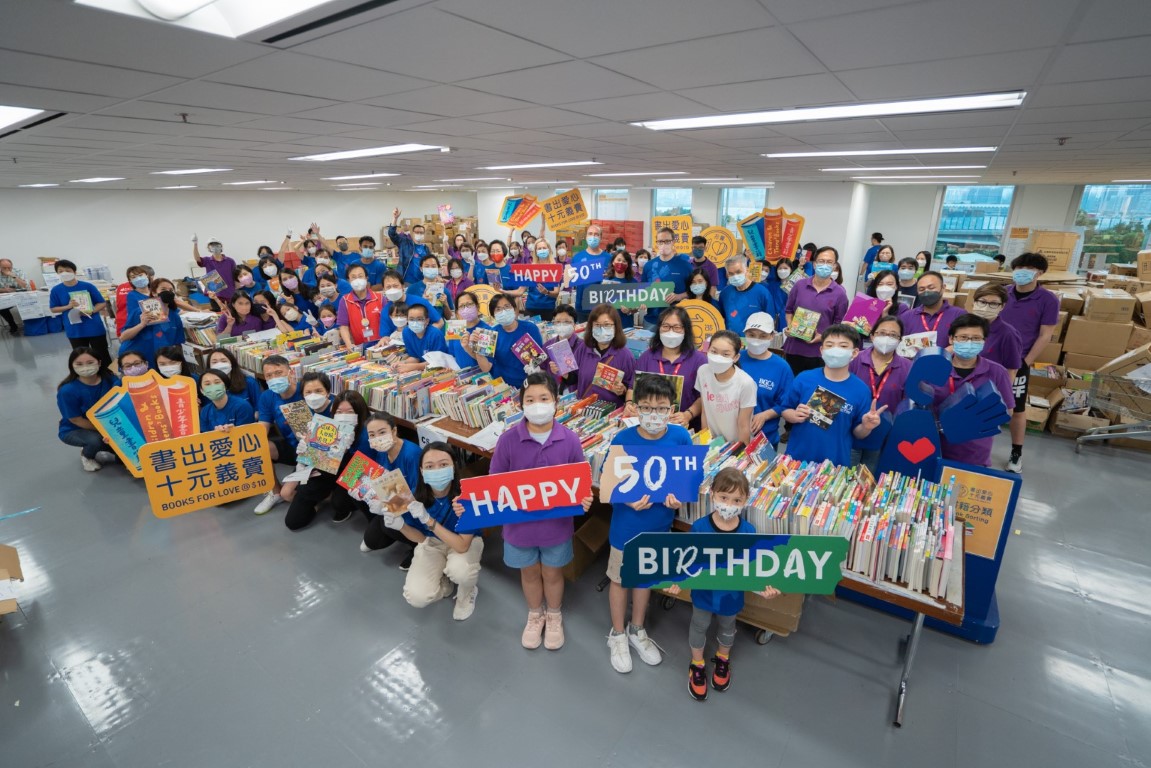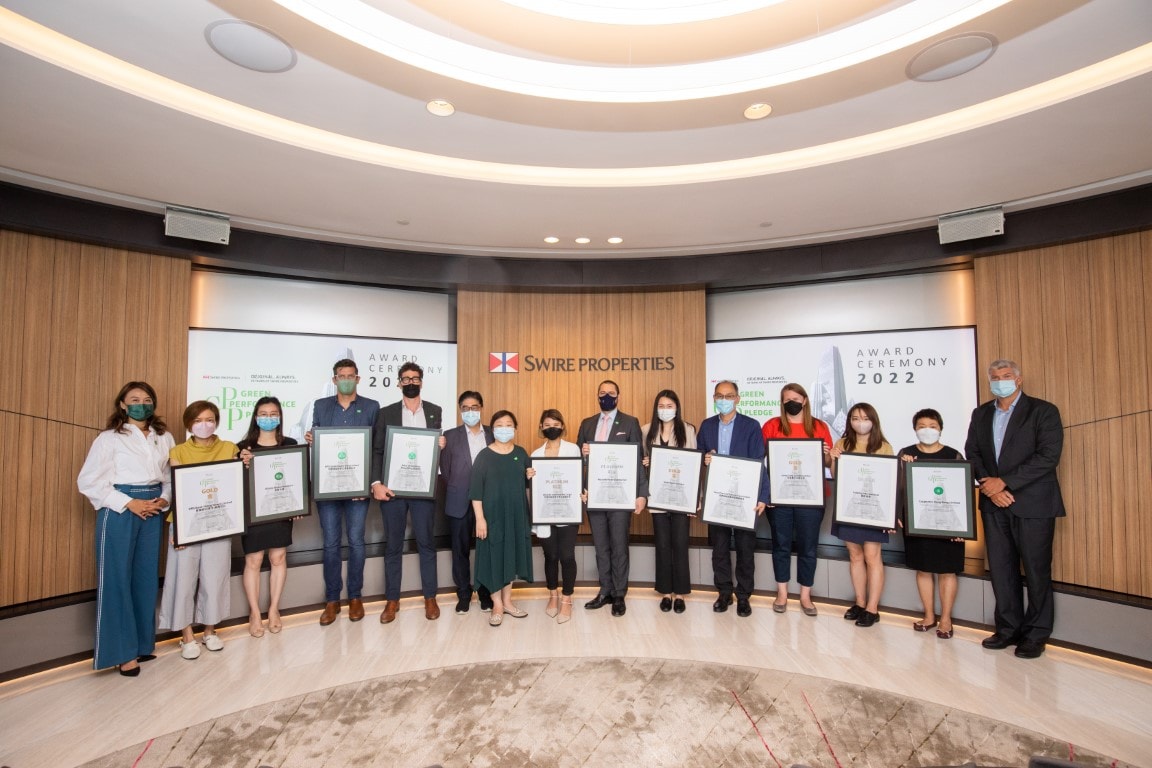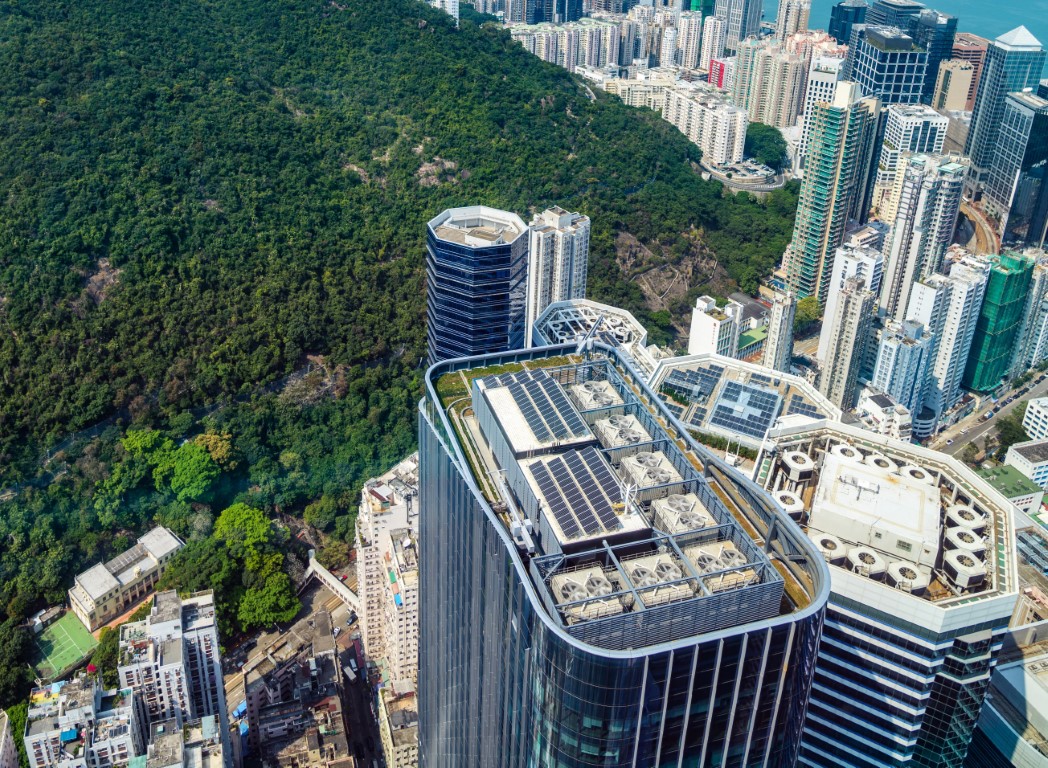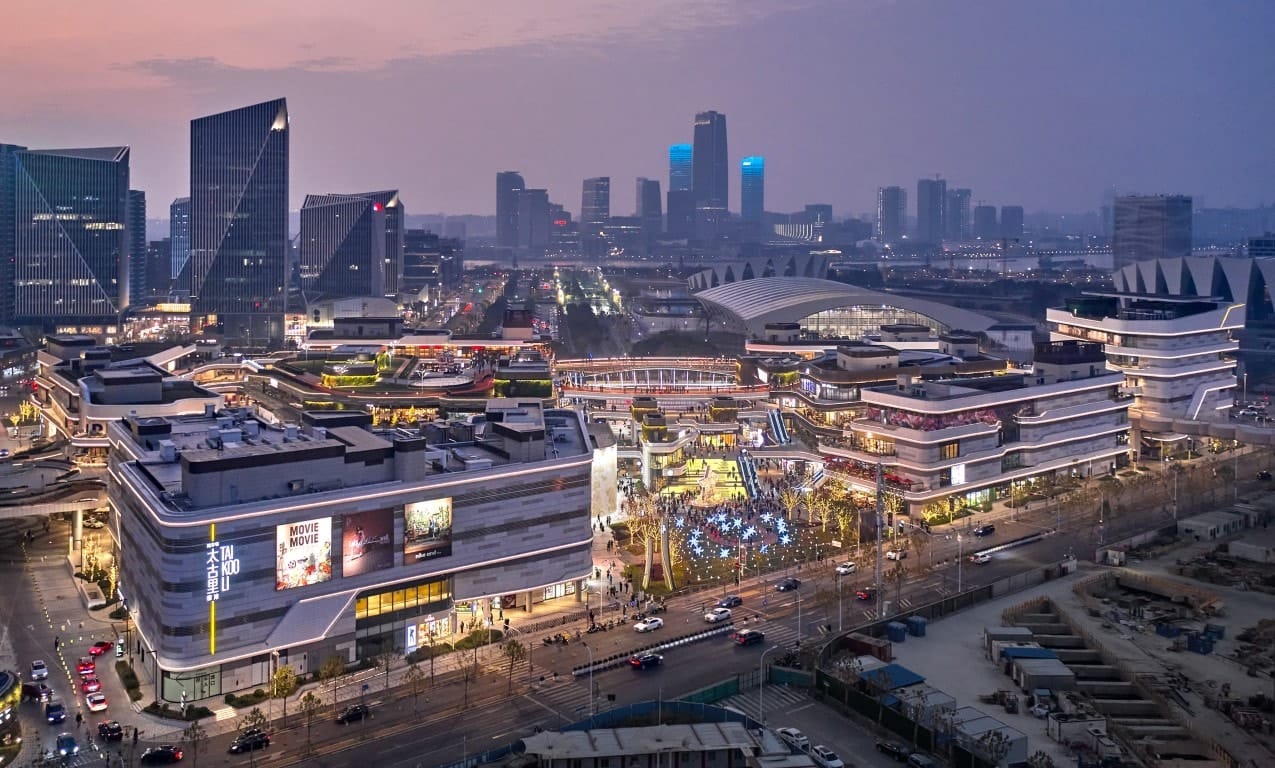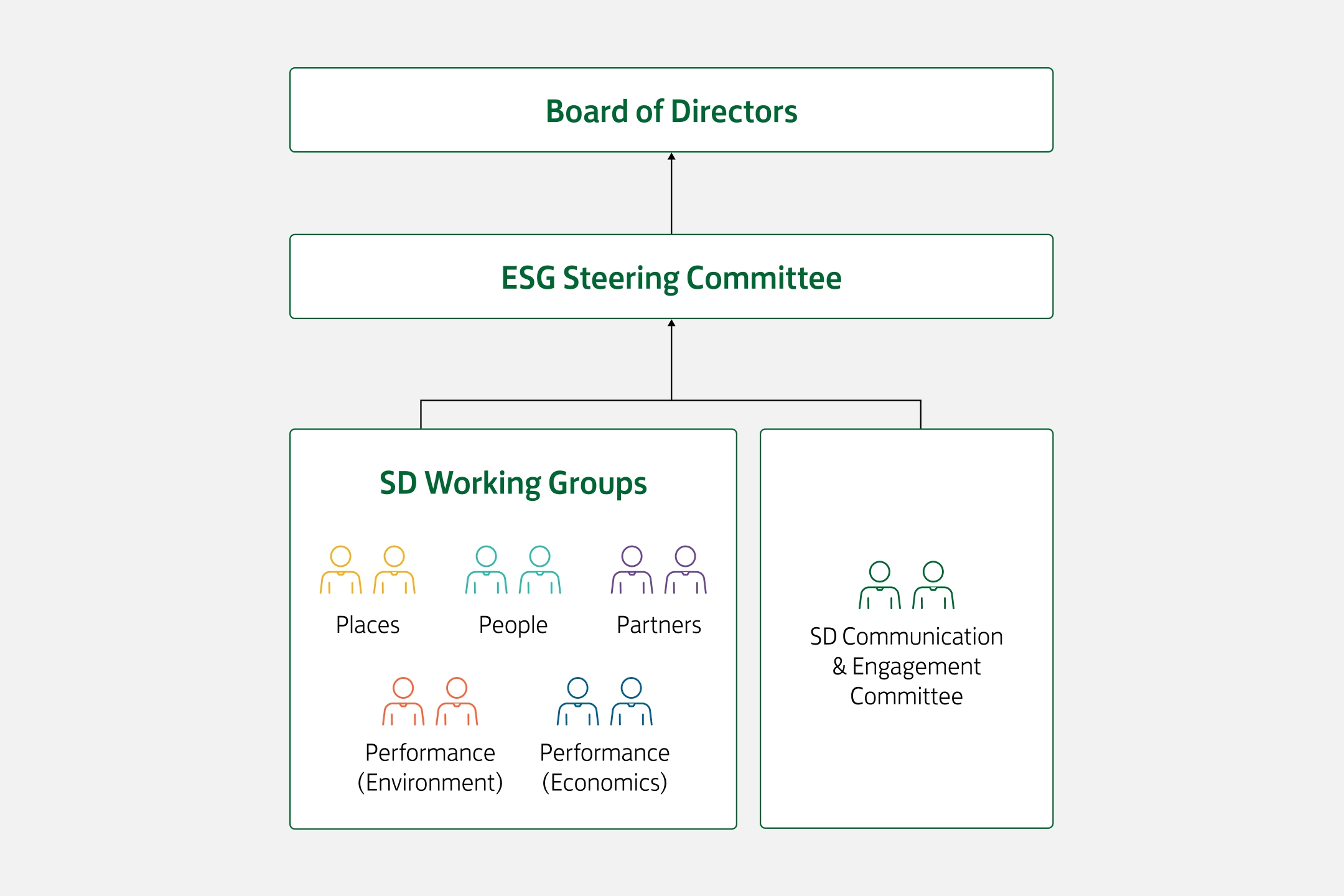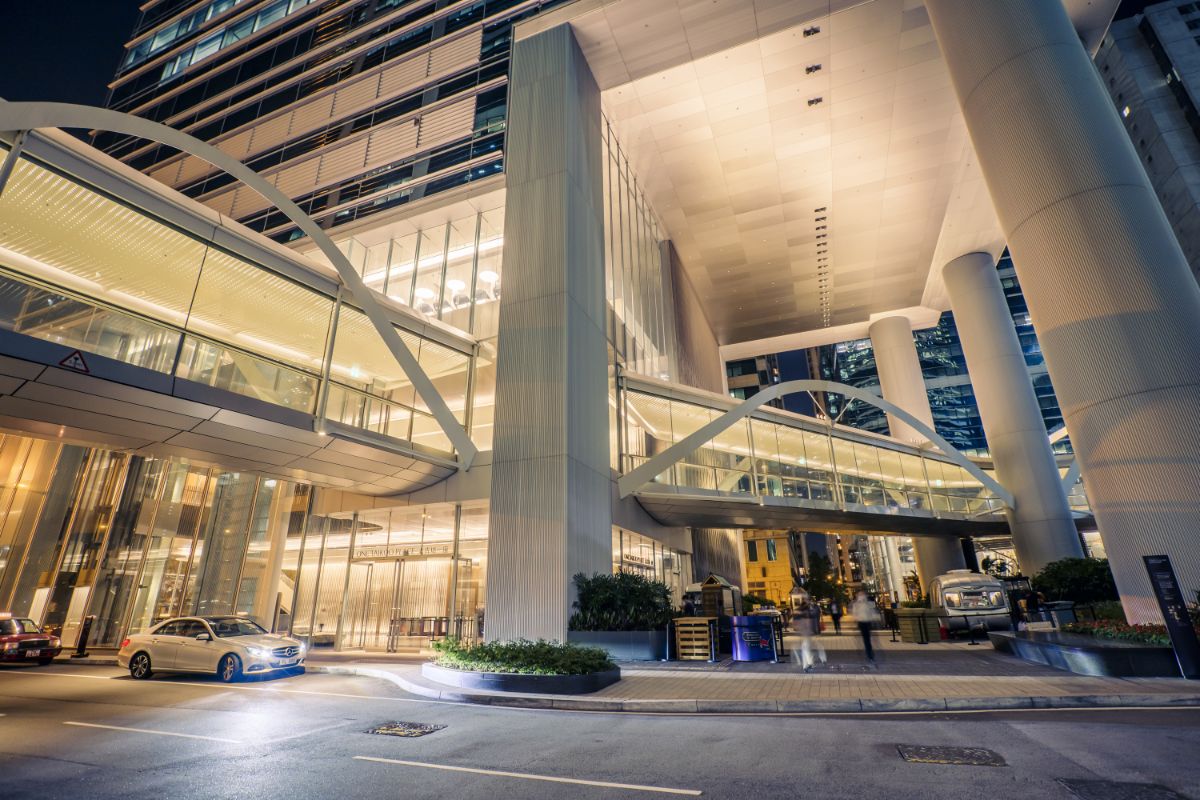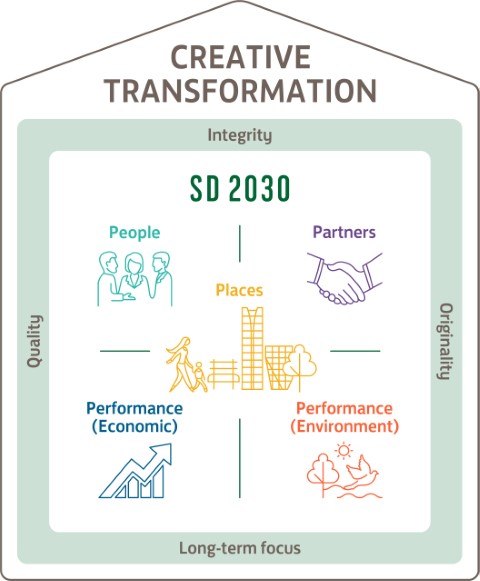Our Stakeholder Engagement Approach
As set out in our SD 2030 Strategy, communication and engagement with employees, investors, tenants, customers, suppliers, regulators, NGOs, community representatives and many other stakeholders is an integral part of our daily operations.
We regularly engage with our stakeholders to understand their priorities, expectations and perceptions regarding SD issues.
When we first introduced our SD 2030 Strategy in 2016, we engaged extensively with senior managers and employees from across the business and consulted external sustainability experts. Today, our SD Communication and Engagement Committee continues to gather the support of our employees and other stakeholders to further integrate SD 2030 across our business.
Our Stakeholders
GRI 102-40, 102-42, 102-43
Swire Properties’ stakeholders are both internal and external interest groups that have a significant impact on our business, or that experience significant impacts from our operations. We regularly engage with these stakeholders through the appropriate channels.
Stakeholder Groups and Methods of Engagement

Employee Groups

Community / NGOs

Tenants

Customers / Consumers

Suppliers

Regulators / Government

Industry Experts / Academia

Joint Venture Partners

Shareholders & Investors

Media
Stakeholder-driven Materiality
GRI 3-1, 3-2
HKEX Mandatory Disclosure Requirement
HKEX Mandatory Disclosure Requirement
In 2020, we initiated a materiality review with the support of an independent consultant, the aim of which was to understand our stakeholders’ perceptions of the progress of our SD 2030 Strategy and their evolving expectations and priorities for the future. These perceptions have helped us further align our business practices, improved our decision-making and accountability, and guided the refinement of our strategy and focus areas in response to the latest local, regional and global developments.
In 2021, we continued this process, adopting a combined qualitative and quantitative approach to assessing materiality. We interviewed 23 subject matter experts to identify new challenges and opportunities and conducted a broader survey of 547 external and internal stakeholders, who ranked issues in terms of their perceived importance to society, the environment and, for employees, their perceived impact on our business. Throughout the COVID-19 pandemic, we also gathered stakeholders’ feedback in order to gain greater understanding of the pandemic’s effects on their businesses, the real estate industry and our operations. The findings provided insights into ways of providing tailored support to our stakeholders during challenging times.
Swire Properties is continuing to build on and refine our approach to materiality. For years, we have defined the concept of materiality as “any factors that are perceived to be important to our company's business continuity and development as well as perceived to be important to our stakeholders”. This “importance-based” materiality follows widely adopted sustainability reporting frameworks such as the GRI Standards and has been the focus of previous materiality assessments and stakeholder engagement exercises.
To gain an even deeper understanding of what aspects are important to the Company’s business continuity and development, a new materiality assessment and stakeholder engagement exercise will be conducted in 2023 based on the newly established concept of “double materiality”. Double materiality is a concept proposed by the European Commission’s Guidelines on Reporting Climate-related Information that encourages a company to assess materiality based on a topic’s implications for the company’s financial performance (i.e. financial materiality) as well as on the communities and the environment (i.e. impact materiality), and the interconnectivity between the two. This “financial-and-impact-based” double materiality will allow us to better assess the integration of sustainability with our business, understand our sustainability impact and align with global best practices in reporting.
Materiality Matrix
Please select (single option):
Tier 1 Issues
(the most critical material issues with the highest potential impact on business success)
Tier 2 Issues
(important material issues with a high potential impact on business success)
Tier 3 Issues
(relatively less important material issues, as perceived by stakeholders, that can impact business success)
Material Issues by Pillar:
Tier 1 Issues
(the most critical material issues with the highest potential impact on business success)
Tier 2 Issues
(important material issues with a high potential impact on business success)
Tier 3 Issues
(relatively less important material issues, as perceived by stakeholders, that can impact business success)
Places
People
Partners
Performance (Environment)
Performance (Economic)
Other
Remarks: Tier 1 and Tier 2 issues are numbered in this matrix
Top Material Issues
The top material issues in the matrix, namely Tier 1 and Tier 2 issues, are consistent with the focus areas of our SD 2030 Strategy and have been addressed in this report in accordance with the relevant Global Reporting Initiative Standards.
| Material Issues | SD 2030 Strategy Focus Areas | GRI Standards | Impacts and Boundaries | ||||||||||
|---|---|---|---|---|---|---|---|---|---|---|---|---|---|
Employee Groups | Community/NGOs | Suppliers | Tenants | Consumers/Customers | Regulators/Government | Joint Venture Partners | Ind. Experts/Academia | Shareholders/Investors | Media | ||||
Green Building Construction & Renovation
| GRI 417 Marketing and Labelling (2016) | ||||||||||||
Technology & Innovation
| Integral to multiple focus areas | N/A | |||||||||||
Energy Efficiency
| GRI 302 Energy (2016) | ||||||||||||
Tenant & Customer Engagement
| N/A | ||||||||||||
Local Economic Development
| GRI 203 Indirect Economic Impacts (2016) | ||||||||||||
Community Investment & Engagement
| GRI 413 Local Communities (2016) | ||||||||||||
Local Revitalisation
| GRI 203 Indirect Economic Impacts (2016) | ||||||||||||
Corporate Governance
| GRI 205 Anti-corruption (2016) GRI 206 Anti-competitive Behavior (2016) | ||||||||||||
Climate Adaptation & Resilience
| GRI 201 Economic Performance (2016) GRI 305 Emissions (2016) | ||||||||||||
Decarbonisation
| GRI 305 Emissions (2016) | ||||||||||||
Employee Wellbeing
| GRI 403 Occupational Health & Safety (2018) | ||||||||||||
Stakeholder Engagement & Collaboration
| Integral to multiple focus areas | N/A | |||||||||||
Resource & Circularity
| GRI 306 Waste (2020) | ||||||||||||
Visitor/Occupant health & Wellbeing
| GRI 416 Customer Health and Safety (2016) | ||||||||||||
Talent Attraction, Retention & Development
| GRI 401 Employment (2016) GRI 404 Training and Education (2016) GRI 405 Diversity and Equal Opportunity (2016) GRI 406 Non-discrimination (2016) | ||||||||||||
Renewable Energy
| GRI 302 Energy (2016) | ||||||||||||
Responsible Supply Chain Management
| GRI 301 Materials (2016) GRI 308 Supplier Environmental Assessment (2016) GRI 414 Supplier Social Assessment (2016) | ||||||||||||
Long-term Financial Performance & Value
| GRI 201 Economic Performance (2016) | ||||||||||||
Risk Management
| GRI 201 Economic Performance (2016) | ||||||||||||
Indoor Air Quality
| GRI 416 Customer Health and Safety (2016) | ||||||||||||
See More In




